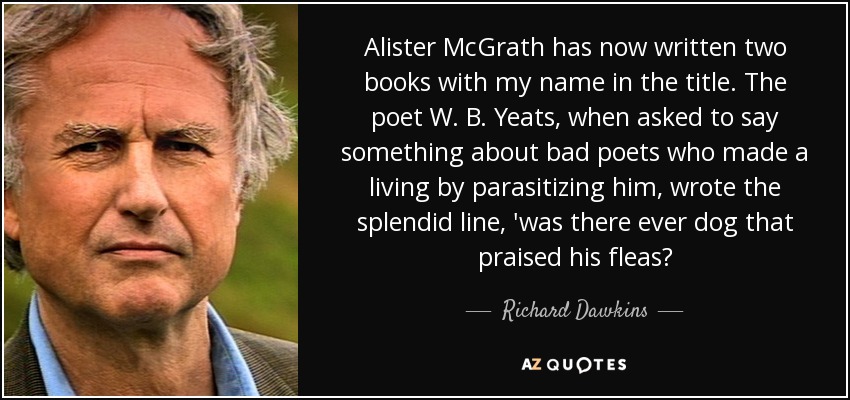

He cites examples like Pope Alexander VI “having several mistresses and seven children”, and Machiavelli blaming the moral laxity of renaissance Italy on the example of the Church (3). In this way, McGrath furthers his thesis by placing the theological and philosophical views and consequent events in the context of the sociopolitical situation of the time, while recognizing the prominence of theology.įor the first section (historical), McGrath begins by elucidating the severe condition of the Roman Catholic Church at the beginning of the 16th century. The final section addresses some miscellaneous topics, such as the political thought of the Reformers and the widespread effects of the Reformation. These treatments compare and contrast the views of the various Reformers, as well as treating the development of the doctrines chronologically during this time, when appropriate. From there, he covers some of the central doctrines of the Reformation roughly in the middle third of the book. McGrath introduces the historical and philosophical setting pre-Reformation in the first four chapters before briefly offering biographies of five early Reformers in the fifth.

This is contrasted with other views that see the Reformation primarily as a social movement. Although the book is a broad overview, his thesis is one of inclusion and moderation he claims that the Reformation was primarily a religious movement guided by a distinct set of ideas and that sociopolitical influences were present but not primary. He does offer input on which historical theories he finds most plausible, but achieves a pleasantly high amount of objectivity in his assertions, as evidenced below. He also makes substantial use of scholarly works that were not written in English. The sources utilized vary widely, from modern studies to 16th-century texts to even earlier works.

The author, an Evangelical Anglican who previously served as a priest in the Church of England, addresses the issues relevant to the Reformation in a way that is academically even-handed. He currently holds the Andreas Idreos Professorship of Science and Religion at Oxford, and is Director of the Ian Ramsey Centre for Science and Religion. The author was, at the time of publication, Professor of Historical Theology and Principal of Wycliffe Hall at Oxford University. It addresses the social and intellectual movements, primarily theological, that both led to and propelled forward the European Protestant Reformation of the 16th and early 17th centuries. The book is Reformation Thought: An Introduction, 3rd edition, written by Alister E.


 0 kommentar(er)
0 kommentar(er)
